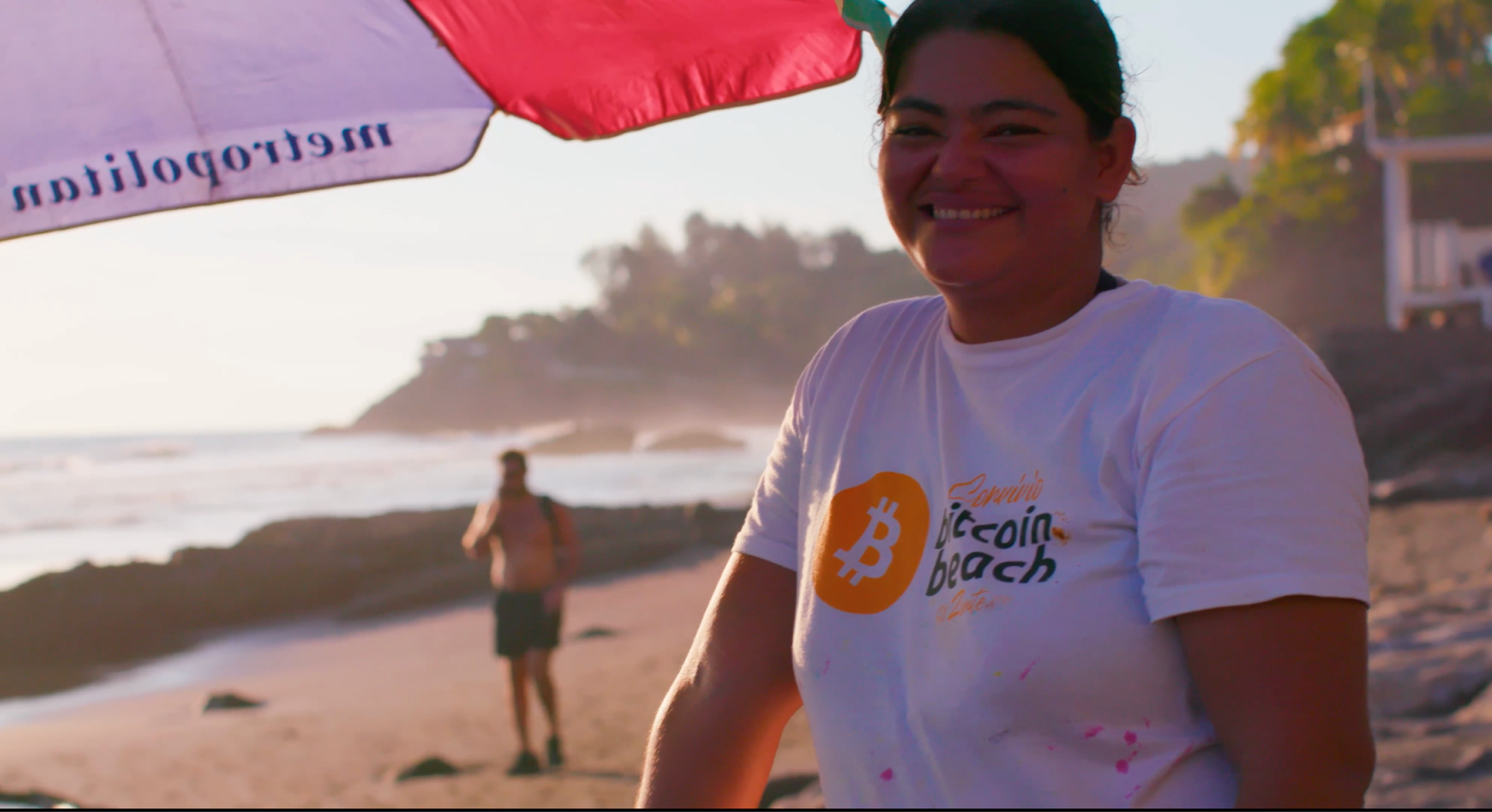El Salvador Proposes Cross-Border Crypto Sandbox to Advance U.S. Tokenization Regulation

El Salvador has put forward a proposal for a cross-border regulatory sandbox in collaboration with the U.S. Securities and Exchange Commission (SEC). The initiative, discussed during an April 22, 2025 meeting between the SEC’s Crypto Task Force, representatives from El Salvador’s National Commission on Digital Assets (CNAD), Perkin Law Firm, and retired Goldman Sachs partner Heather Shemilt, aims to provide U.S. regulators with real-world insights into tokenization. By leveraging El Salvador’s established digital asset infrastructure, the sandbox seeks to explore token classification, custody solutions, and broker-dealer roles in a controlled environment, potentially shaping future U.S. regulations.
The proposal outlines two small-scale pilot programs, each capped at $10,000, focusing on real estate tokenization and token-based capital raising. These pilots would involve a U.S.-licensed broker partnering with a CNAD-licensed tokenization firm, operating under El Salvador’s regulatory oversight. The goal is to generate practical data on how digital assets can integrate with existing U.S. frameworks without automatically triggering securities classification. This aligns with policy priorities championed by SEC Commissioner Hester Peirce, who has advocated for alternative offering models and clearer guidelines for broker-dealers. If approved, the sandbox could serve as a live case study, offering actionable insights for U.S. rulemaking while fostering cross-border collaboration.
Stay In The Loop and Never Miss Important Crypto News
Sign up and be the first to know when we publishReal-World Testing In El Salvador’s Evolving Crypto Landscape
El Salvador’s pitch draws on its five-year experience developing a digital asset ecosystem from the ground up. The CNAD has implemented tokenization projects across various asset classes, including real estate, and crafted risk matrices to balance consumer protection with innovation. These efforts have attracted major players like Tether and prominent exchanges, positioning El Salvador as a viable testing ground. The proposed sandbox would allow the SEC to observe a U.S. broker obtaining a digital asset license under CNAD regulations and launching tokenized offerings, such as fractional real estate ownership or crowdfunding-style investments. Investor education initiatives would accompany these pilots to promote accessibility and transparency.
However, El Salvador’s crypto landscape faces challenges that add context to the proposal. A recent Central Reserve Bank review revealed that nearly 90% of the country’s registered Bitcoin service providers have become inactive, with only 20 of 181 firms still operational. This sharp decline since Bitcoin’s adoption as legal tender in 2021 highlights a gap between the government’s ambitious vision, evident in projects like the planned Bitcoin City Airport and AI partnerships, and market realities. Despite these hurdles, El Salvador continues to hold over 6,100 BTC and refine its regulatory approach, which the CNAD argues could inform U.S. strategies for scaling tokenization responsibly.
The sandbox proposal represents a pragmatic opportunity for the SEC to benchmark El Salvador’s streamlined regulations against U.S. frameworks, potentially identifying efficiencies and addressing gaps. By focusing on low-risk pilots, the initiative minimizes financial exposure while offering insights into real estate tokenization, a market with trillion-dollar potential, and tokenized crowdfunding models. Beyond regulatory data, the project could strengthen U.S.-El Salvador ties and build investor confidence in digital assets. As discussions progress, the outcome of this proposal could mark a pivotal moment in shaping the future of tokenization.

